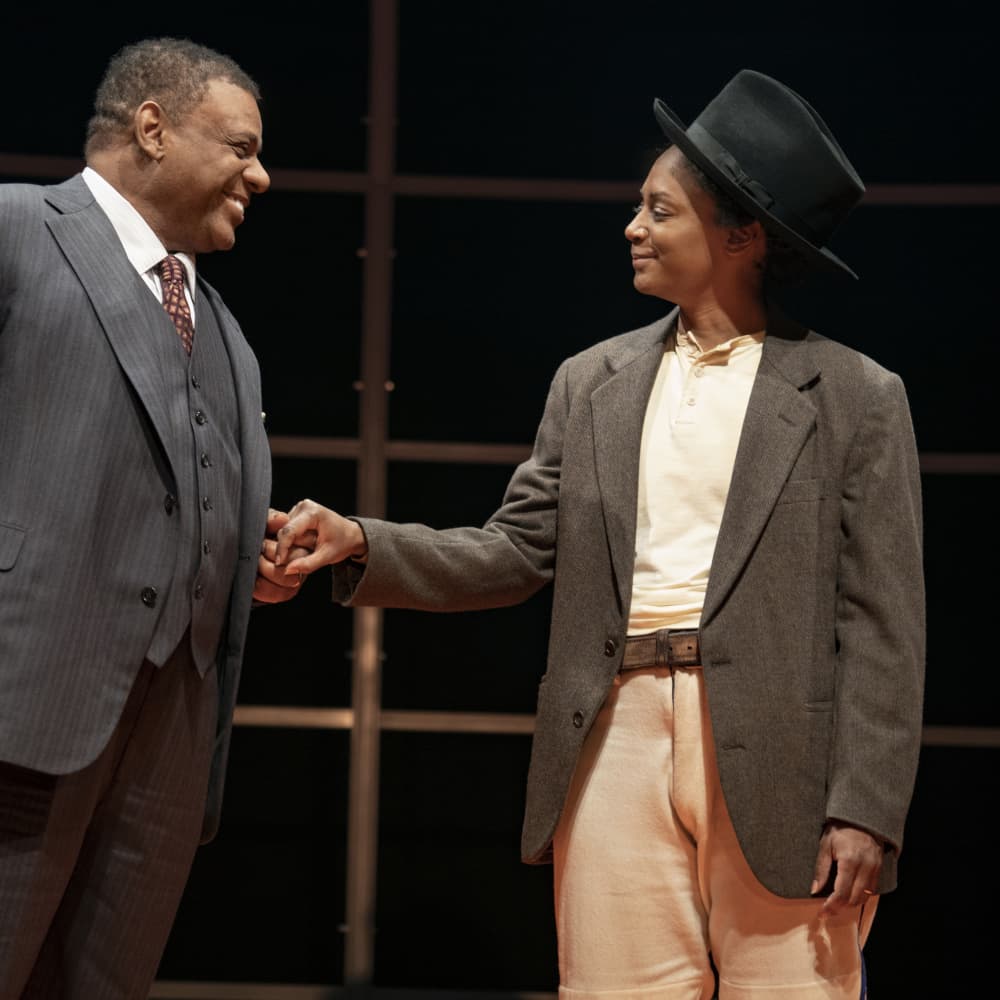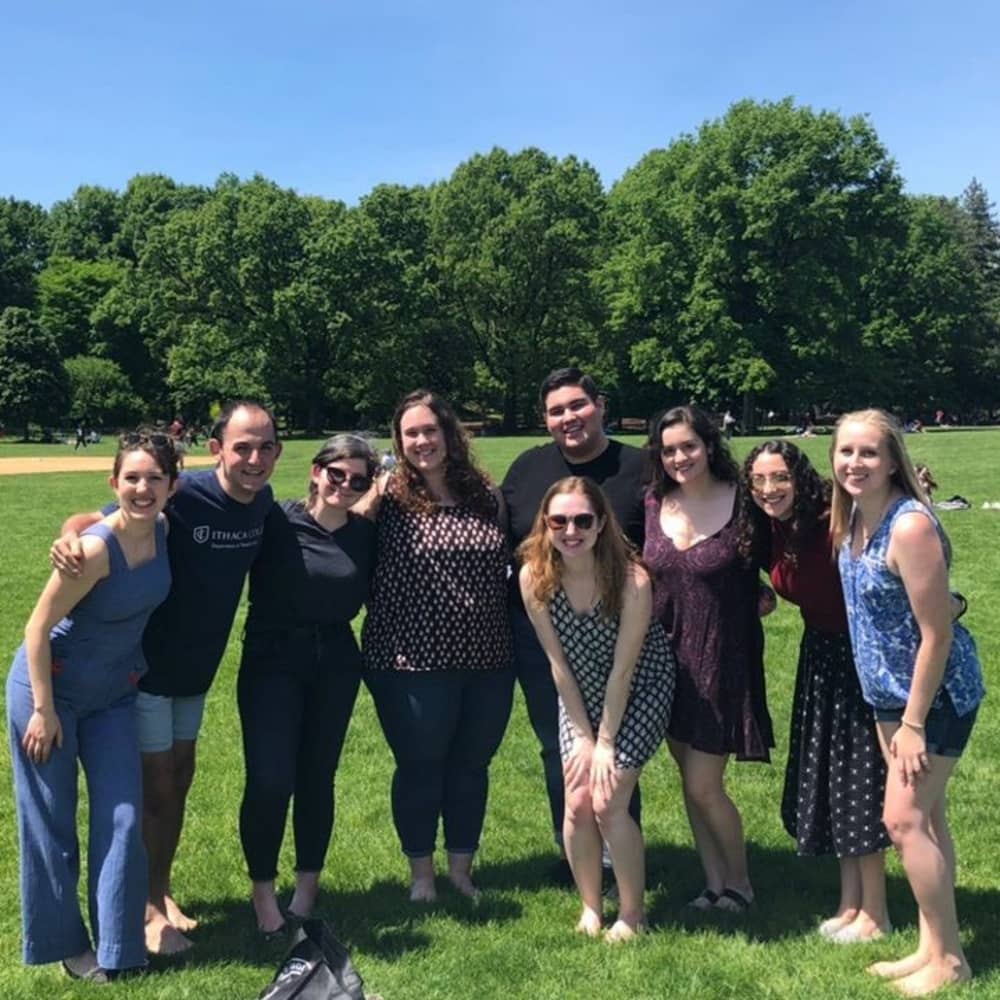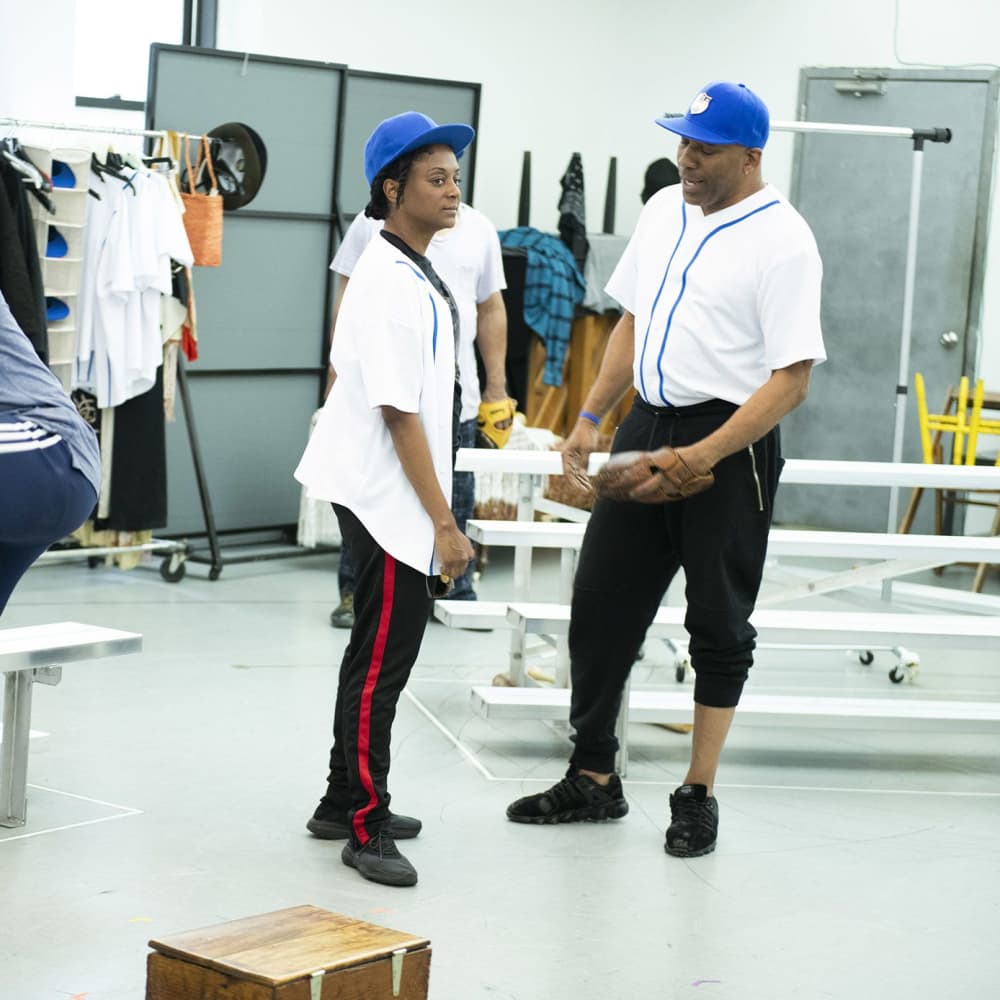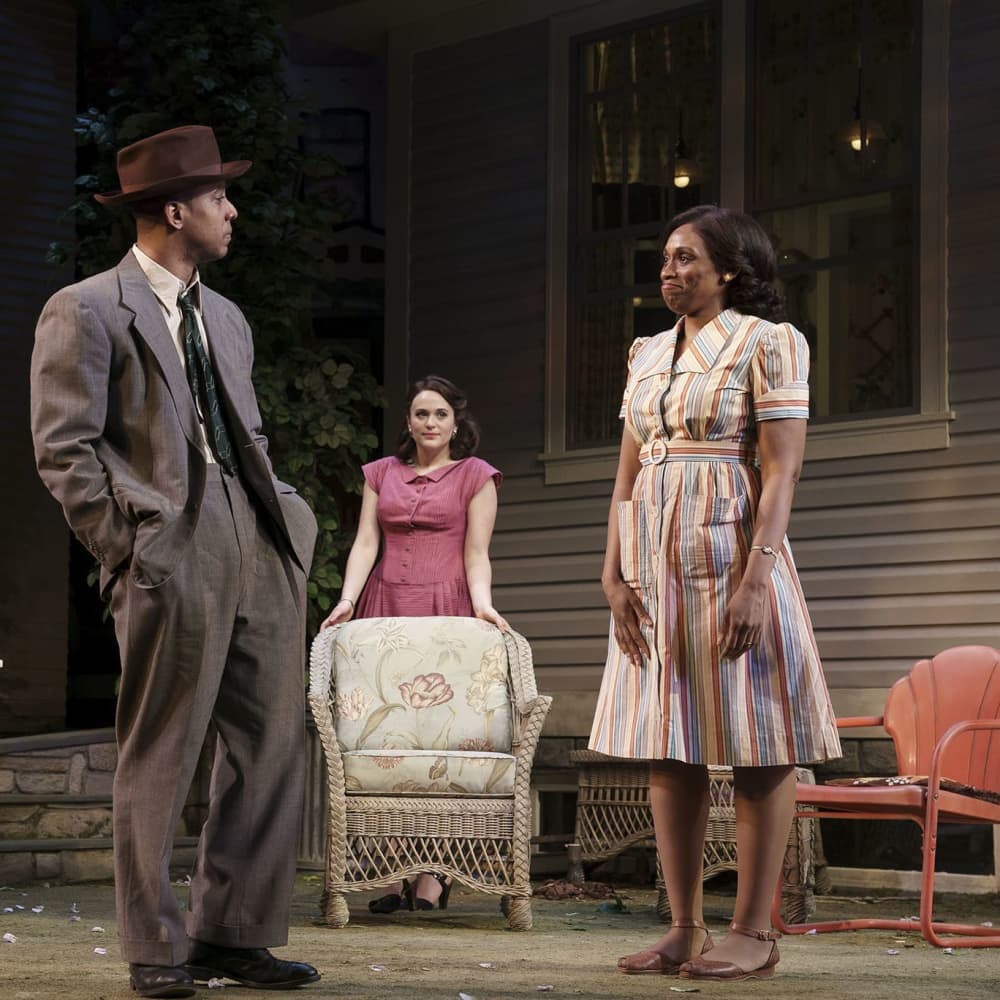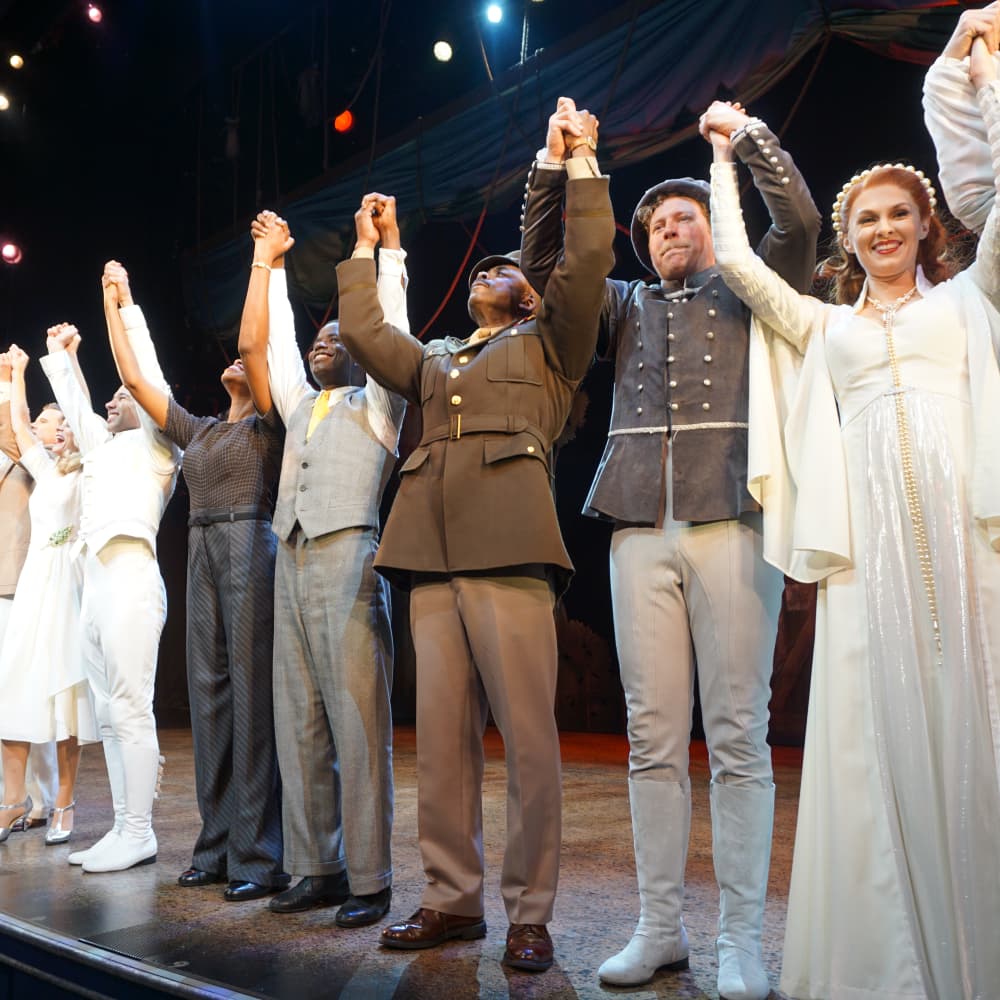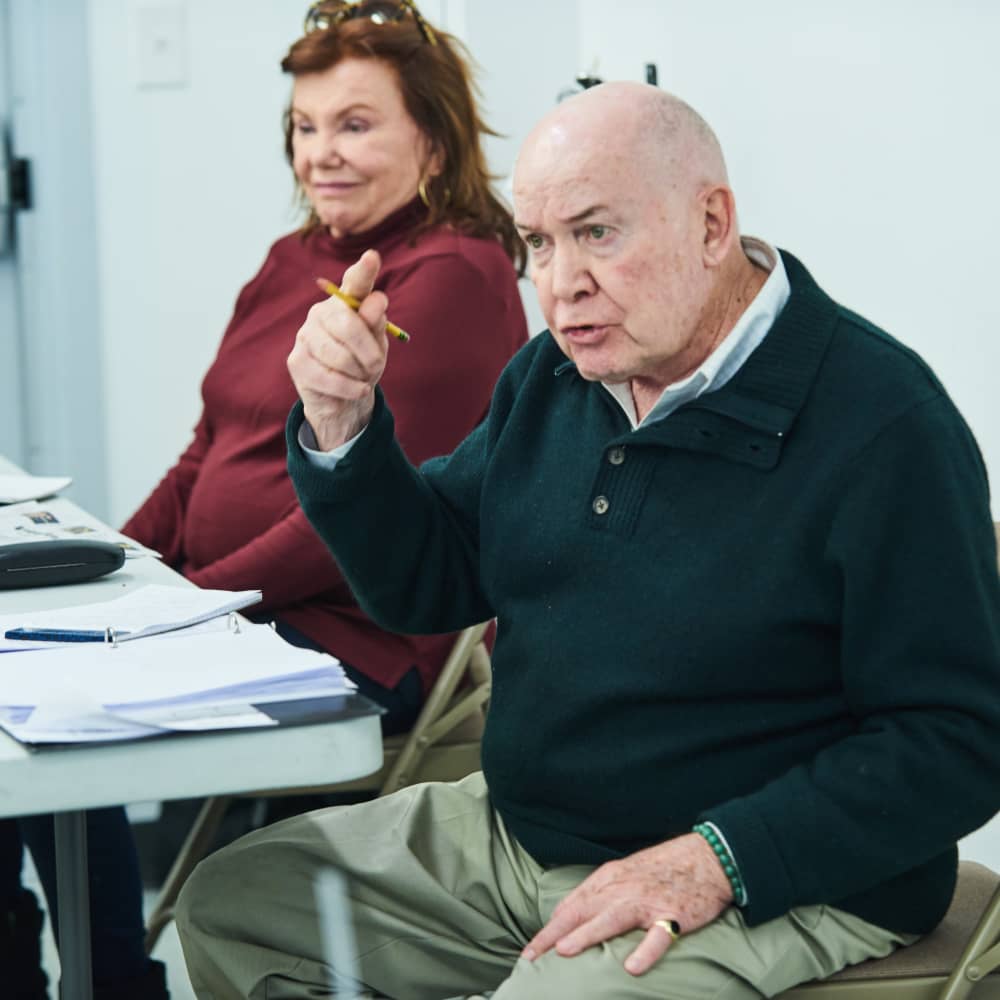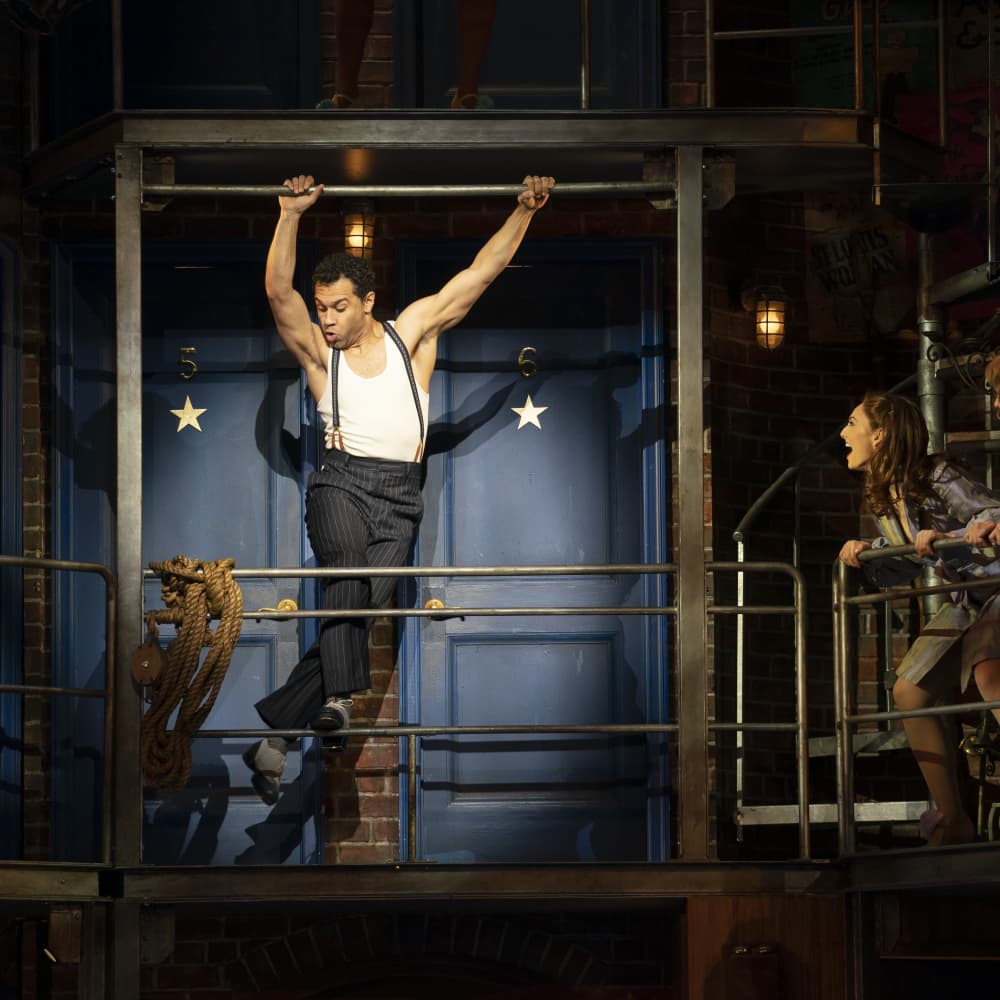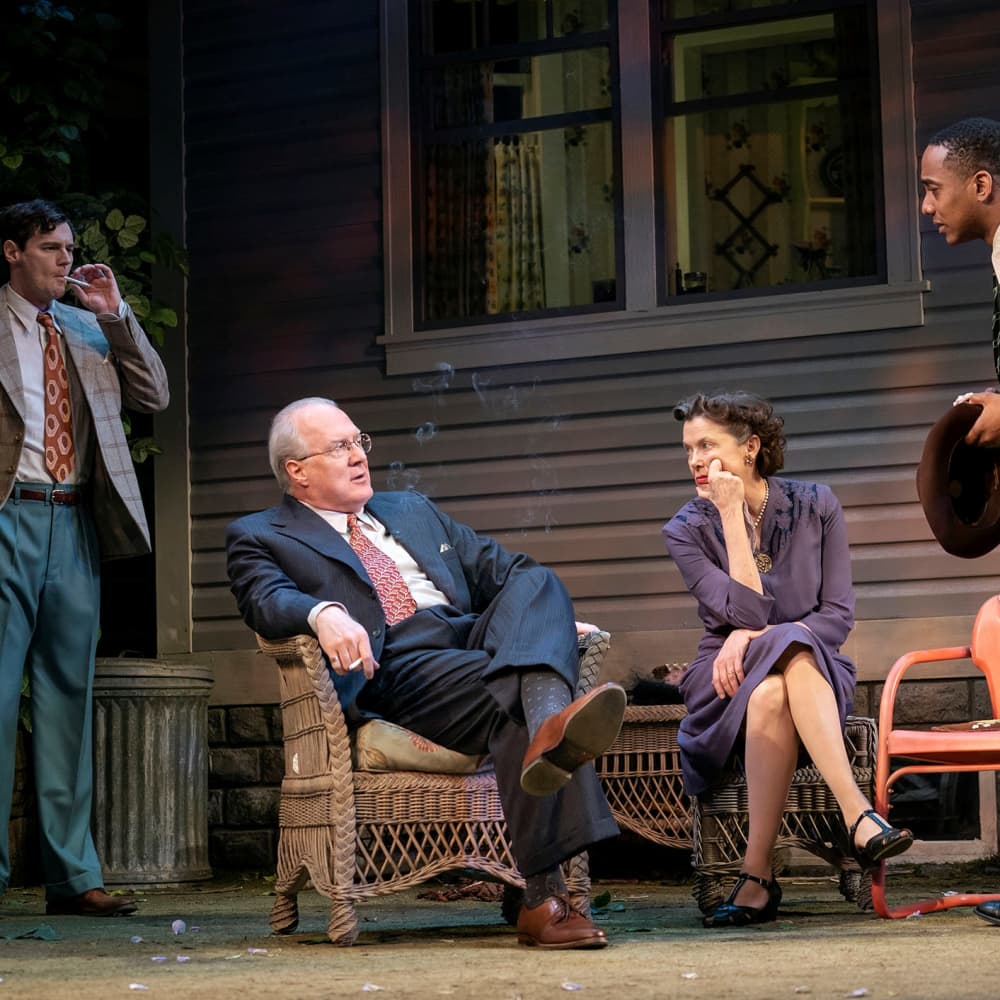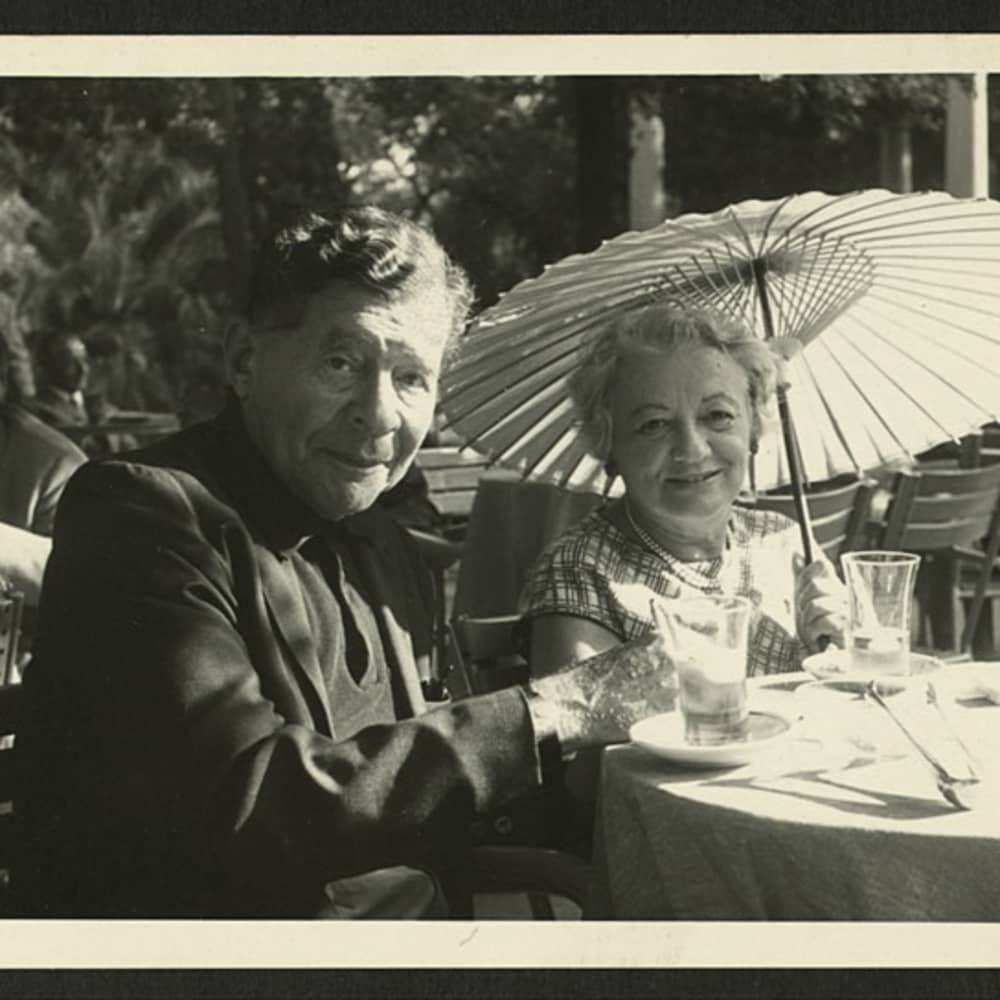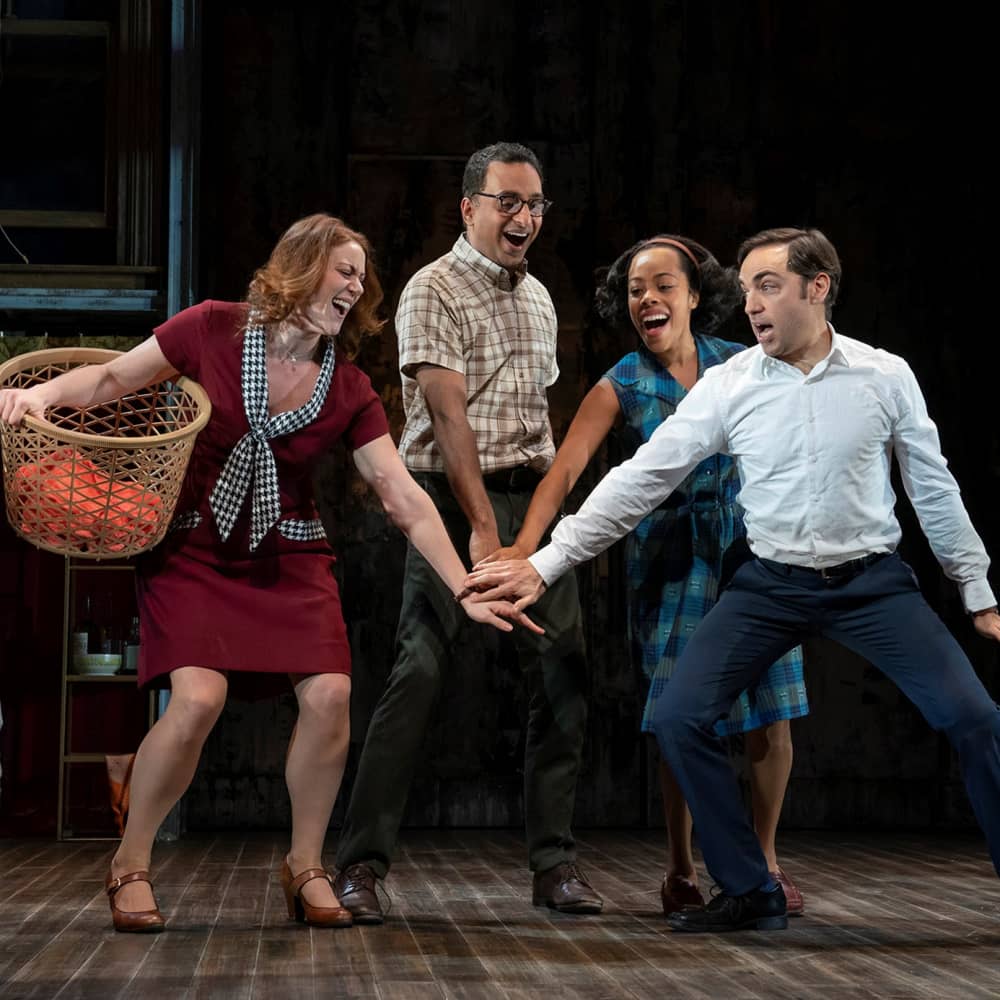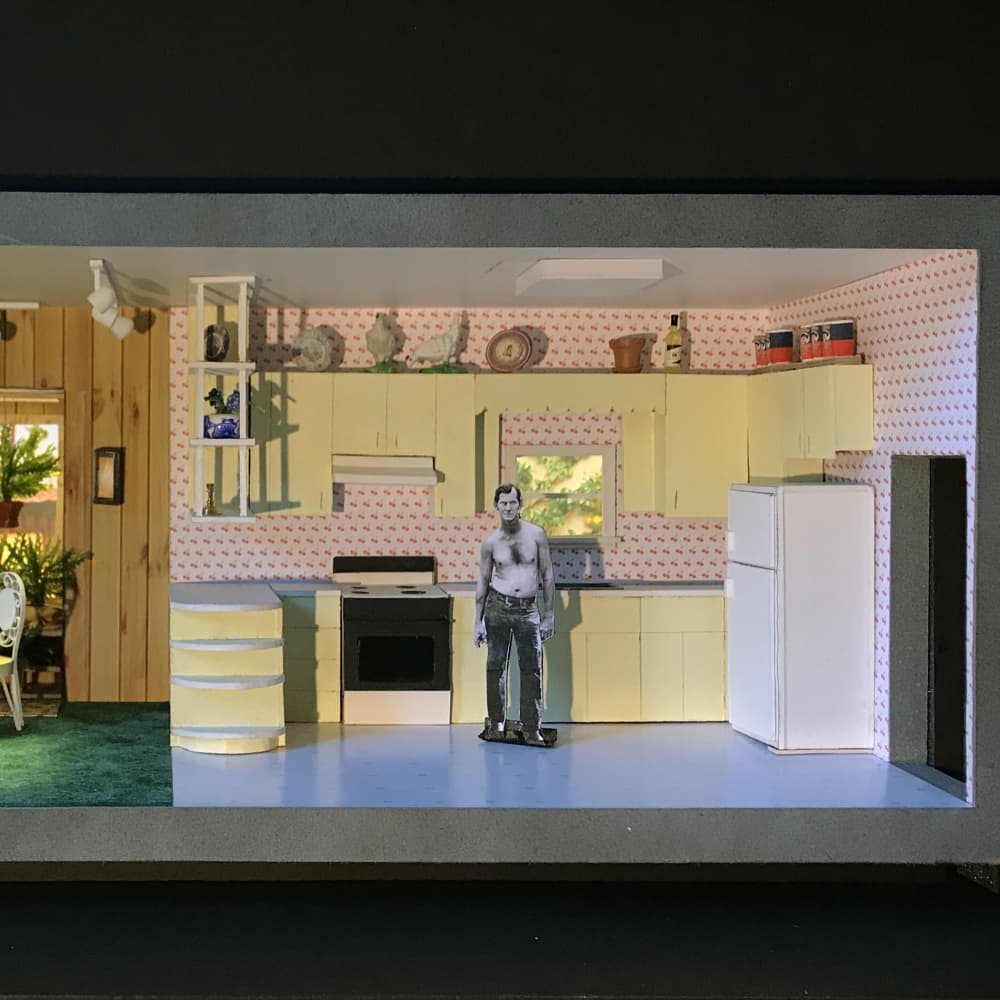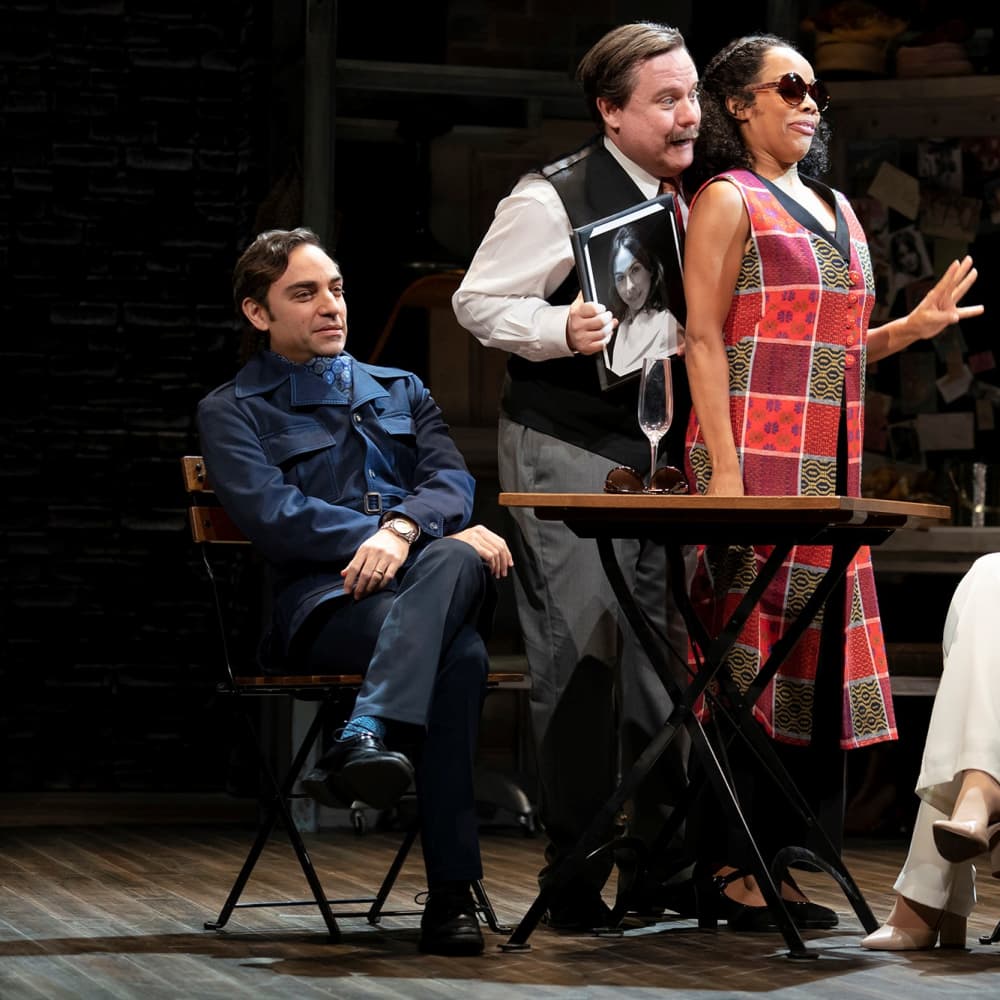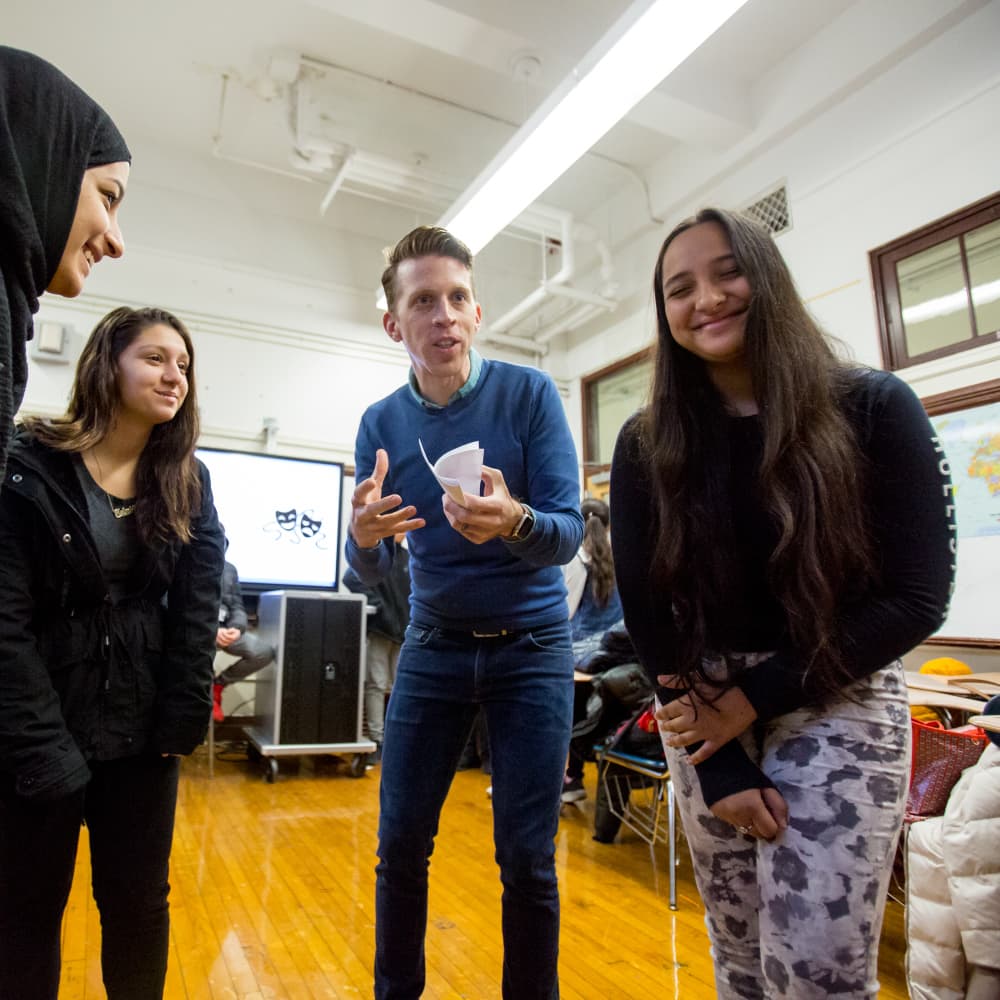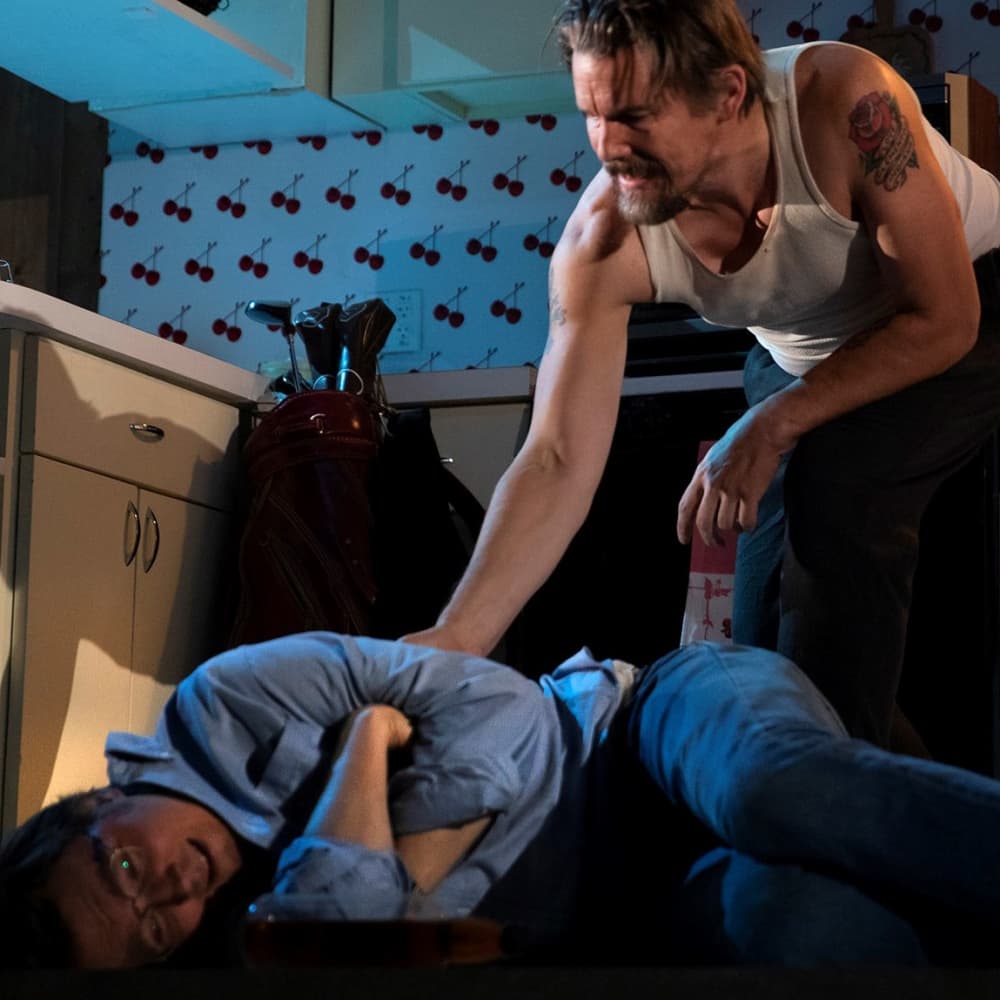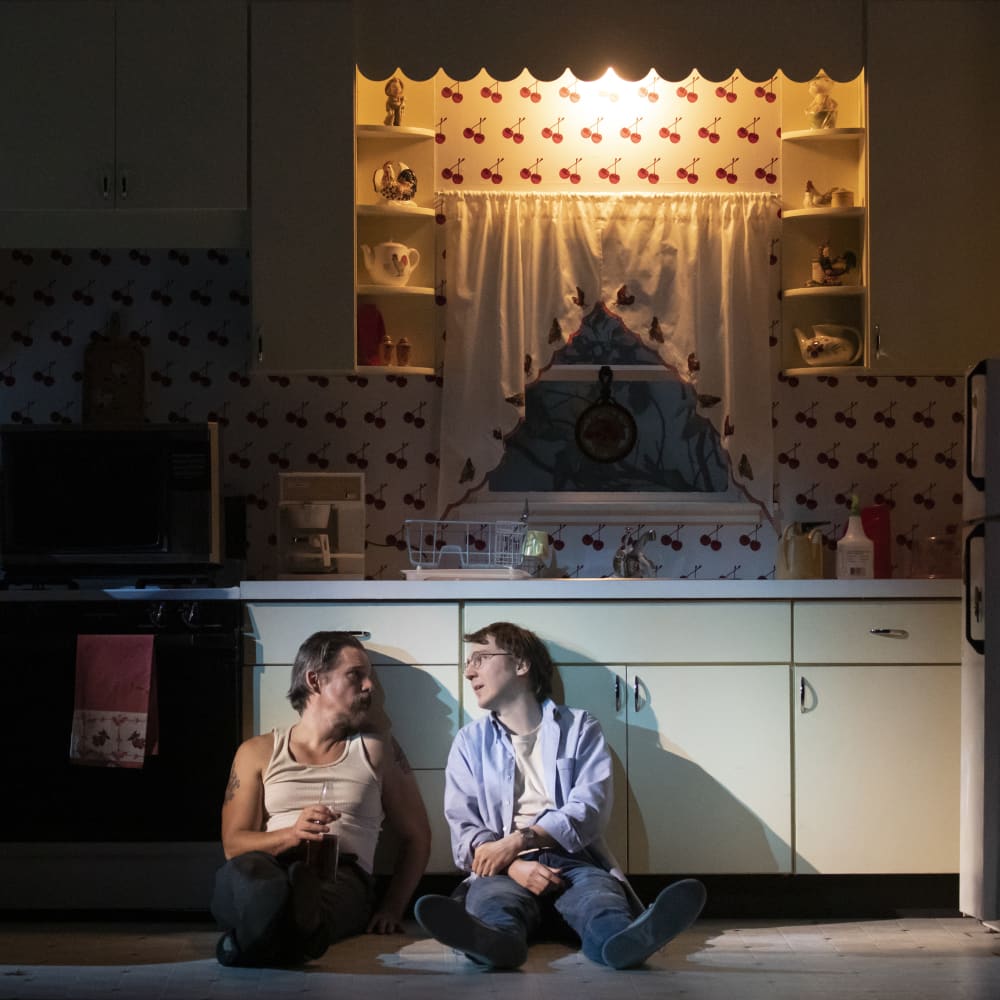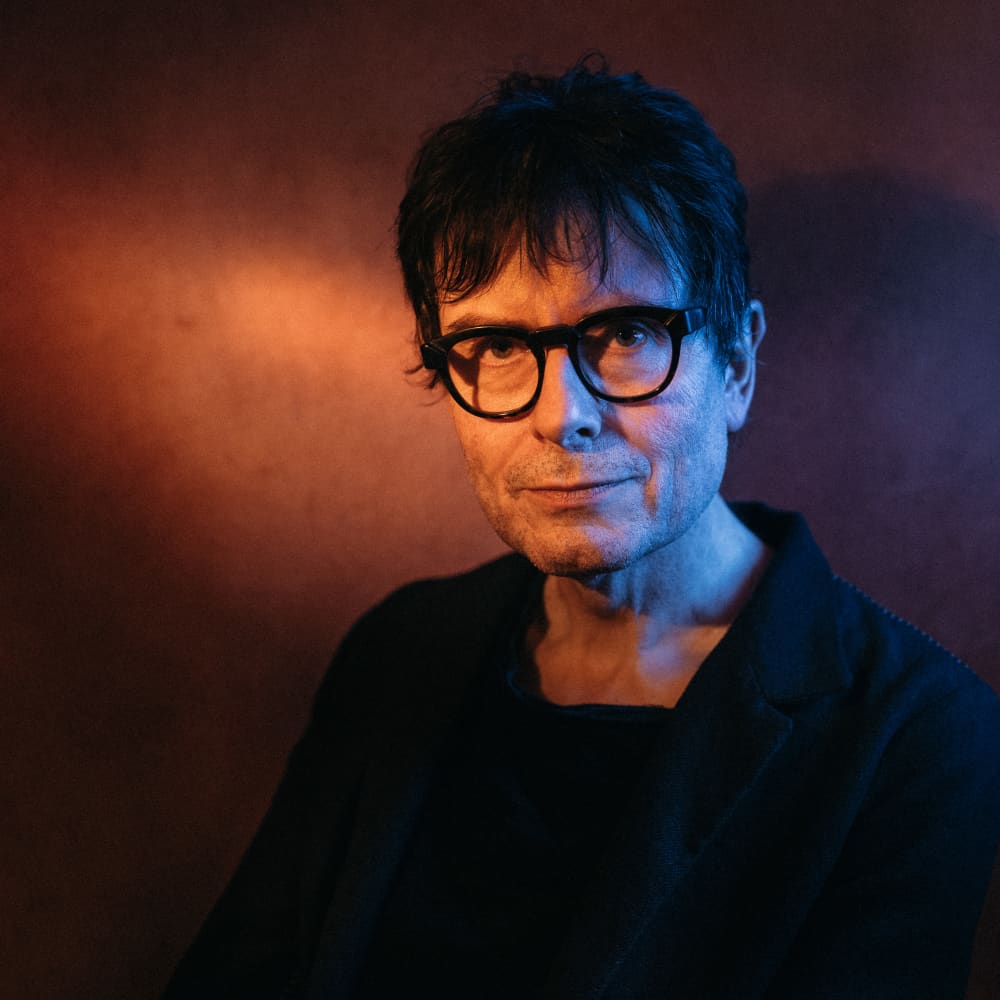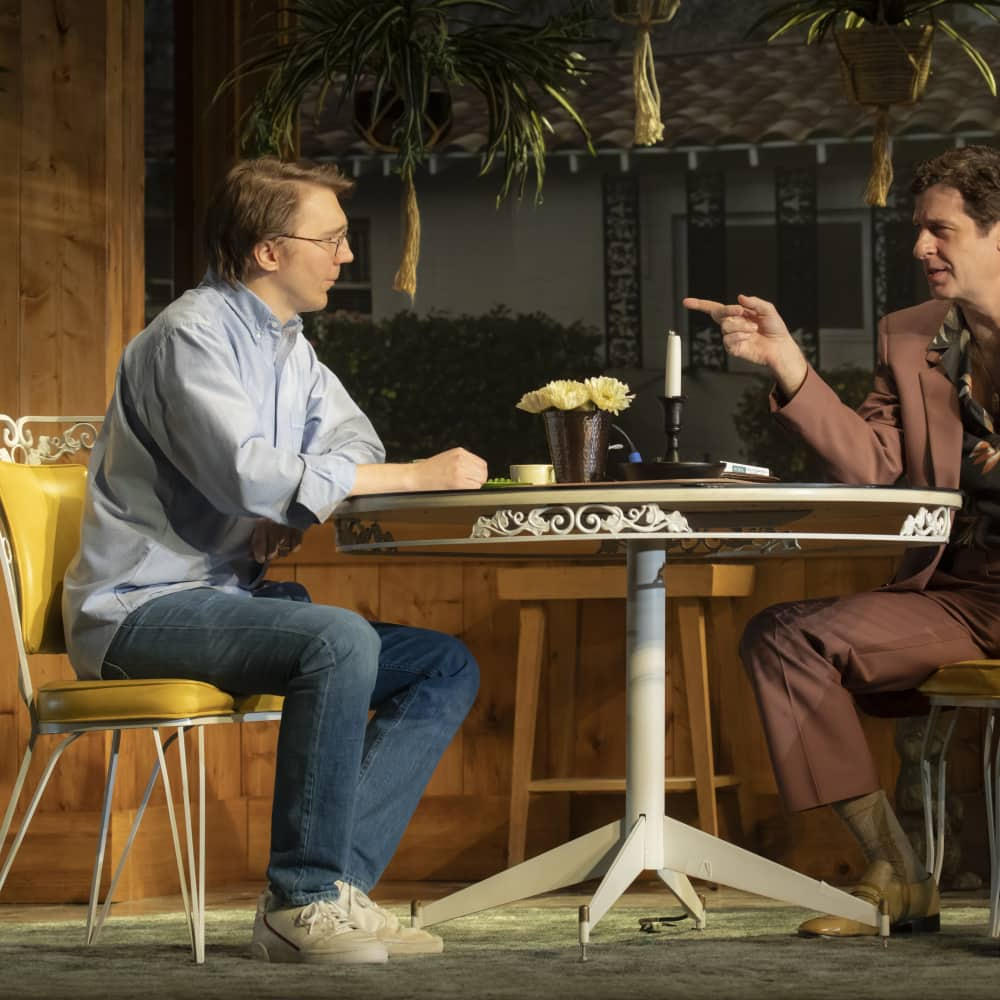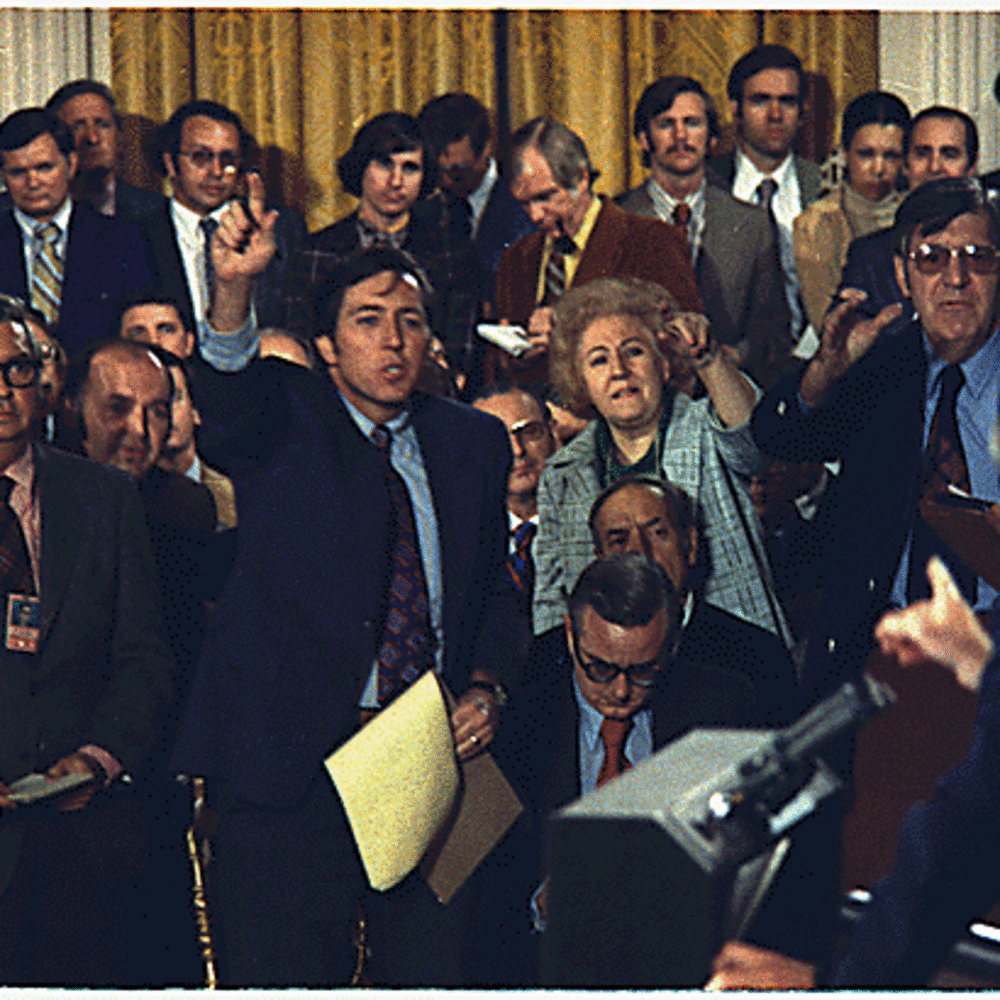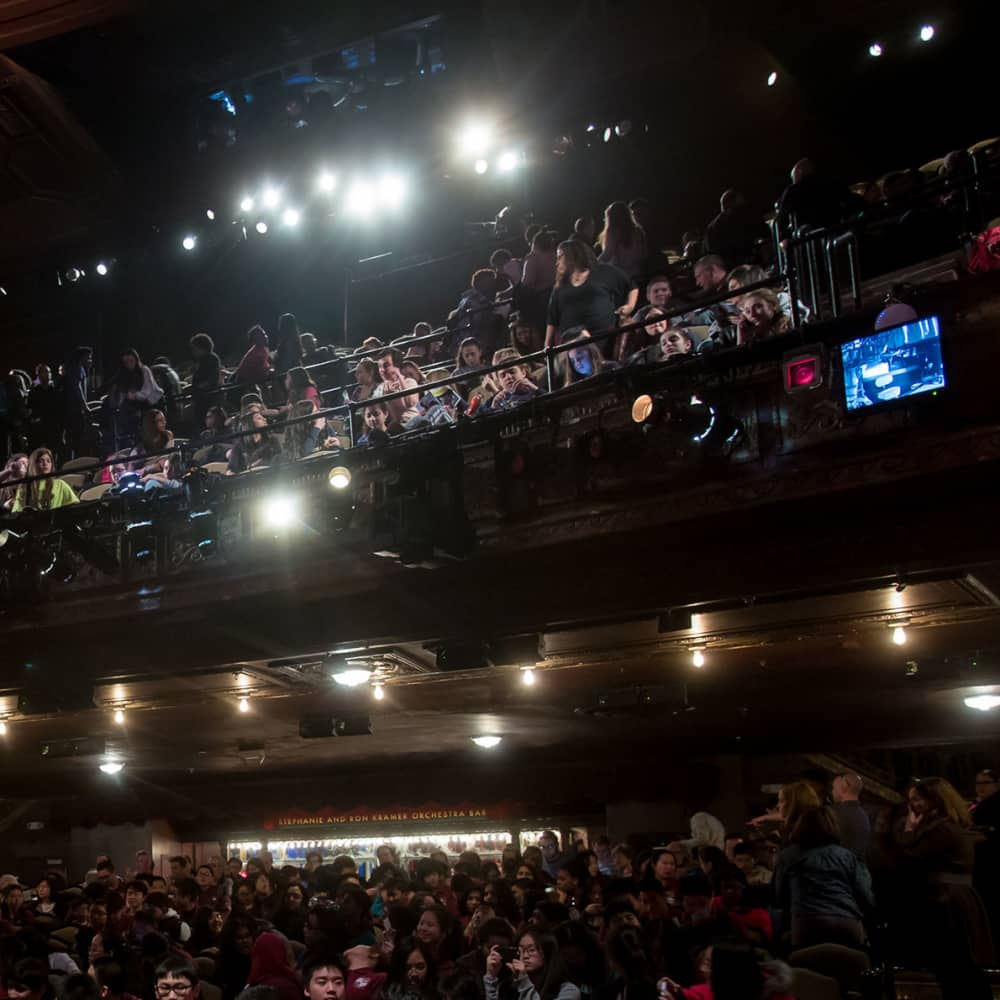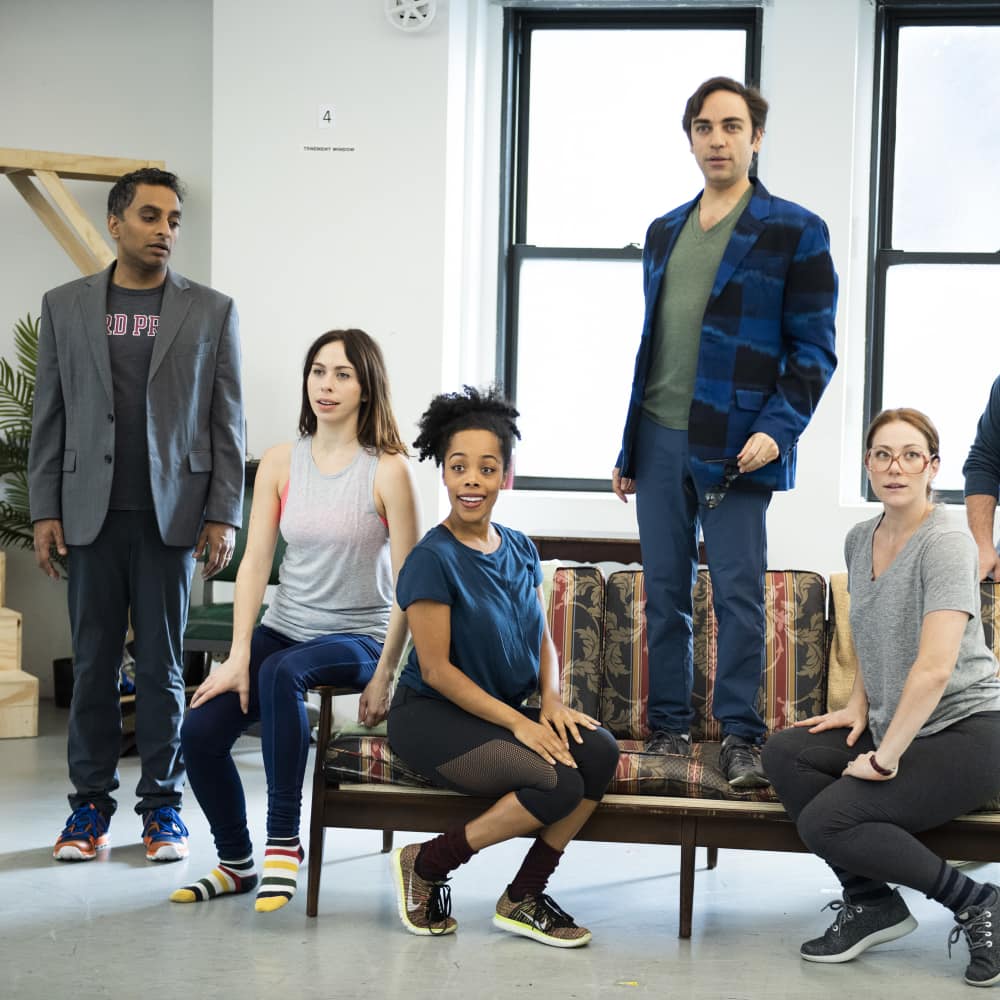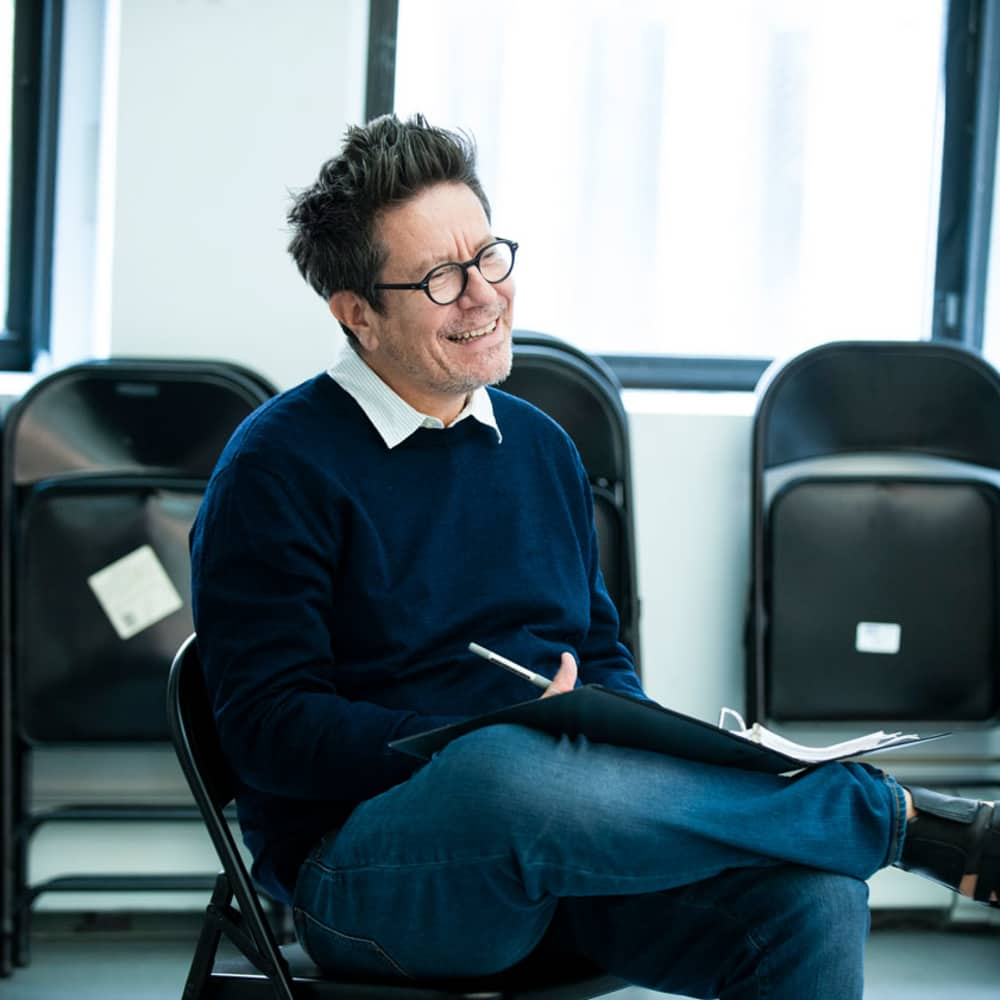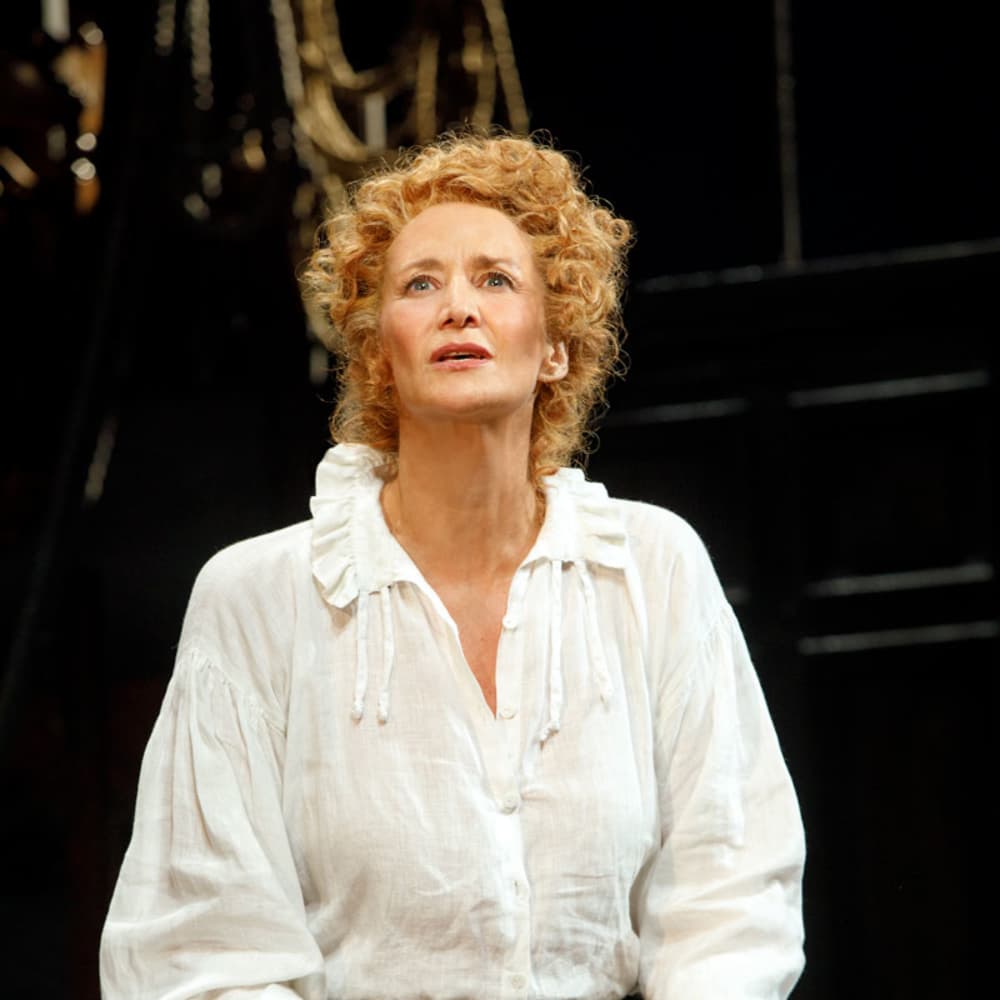Something Clean:
Working to End Sexual Violence
Posted on: June 10, 2019
Rape and sexual violence have been a problem in human societies from the very beginning. In Western culture, rape and other forms of sexual violence historically were not seen as crimes against women but rather as property damage committed against their fathers or husbands: the word “rape” derives from the Latin word “raptus,” to seize something. For centuries, the experiences of survivors were not a part of the legal or cultural conversation.
This began to change in the United States during the mid-20th century, as small pockets of activism and the women’s moment spurred broad cultural shifts. For example, Rosa Parks organized to bring the rapists of African-American women to justice in Alabama in the 1940s and ‘50s. But It was not until the 1960s that “rape” was legally defined as a violent crime: one that could be committed against anyone, not just women.
In 1971, the New York Radical Feminists organized the first ever “rape speak-out” at a church in Hell’s Kitchen. Dozens of women told stories of assault and the difficulties of reporting the attacks. “This is part of our public rape psychology, which emerged as the real villain at the speak-out,” writer Gail Sheehy commented in New York Magazine. The speak-out kick-started a national movement to change attitudes and reform laws around sexual violence.
Sexual assault crisis centers and similar organizations emerged to support survivors and their families at critical times and to provide ongoing counseling, assistance, and education. UPSTAGE spoke with three women who work with such organizations today.
The Volunteer
Christine Madgy Goin
As a Volunteer Advocate, Goin provides support and information to survivors of sexual assault or intimate partner violence who come into hospital emergency departments across the city. Volunteer Advocates receive 40 hours of training and sign up to be on call for at least two six-hour shifts each month.
They offer support through their presence, attending to survivors’ needs and explaining their rights. They also help survivors communicate with responding police officers and may remain in the room during the interview, and they may help to connect with follow-up support, which varies depending on the specific case.
"They’re not going to remember any of the facts that you shared. They’re not going to remember your name. All they’re going to remember is ‘Did I feel safe with when I was with this person?’ Because you’re probably the first person that they’re going to see after a traumatic event… Another part of your responsibility is re-establishing that power. It’s letting them know: ‘You are now back in control of your life."
— Christine Madgy Goin
The Educator
Karen Ortiz
Ortiz coordinates the Sex Education for Adults program, which offers free workshops on sexually transmitted infections, birth control methods, sexual health (including reproductive cancers and screenings), and consent and communication for organizations around the city.
As the Adult Sex Education program developed, Ortiz and her colleagues discovered that what people needed most was the opportunity to connect the interpersonal and social aspects of sex to sexual and reproductive health.
“We also found that when we offered these workshops, [people] requested more than anything our Consent and Communication workshop. I think that that proves that all these issues around consent—not that they’re new, but we’re finding out now, with Time’s Up or the #MeToo movement—these issues are new also to adults, because we don’t talk about them. [At] a men’s shelter in Brooklyn, that I go to all the time, when I talk about consent and communication, these are topics that they may not have heard anyone talk about before. No one’s ever asked them how they navigate consent or how they know somebody is consenting. And so by actively making them think about it and asking them, that’s a new perspective that they may not have had.”
— Karen Ortiz
The Campus Expert
Jeenie Yoon
The New York City Alliance Against Sexual Assault is an umbrella organization that provides assistance to anti-sexual assault programs around the city, legislative advocacy, and some direct services.
In her campus work, Yoon provides educational workshops to the staff, faculty, and students at 11 colleges on topics ranging from understanding sexual violence to how to receive a disclosure.
“Real prevention is actually having conversations with people: ‘Hey you, nice girl/nice guy, you could actually be a perpetrator.’ It’s having these really candid and difficult conversations about the fact that you and I equally have the ability to be a victim and the ability to be a perpetrator. And we often don’t think about that, because we don’t want to think about ourselves in that terrible light… you are a potential perpetrator at all times. So what are you doing to keep yourself accountable? What are you doing to educate yourself? What do you think ‘consent’ means? What do you think ‘no’ means? And where are you struggling?...It’s talking about how to ask for consent, from any gender to another gender, from ‘Hey, does that feel good to you, do you want to keep going, are you ok with this?’ What I’m actually saying is, let’s respect each other and not only think about our own sexual gratification.”
— Jeenie Yoon
Something Clean is now running at the Black Box Theatre at the Harold and Miriam Steinberg Center for Theatre through June 30.





